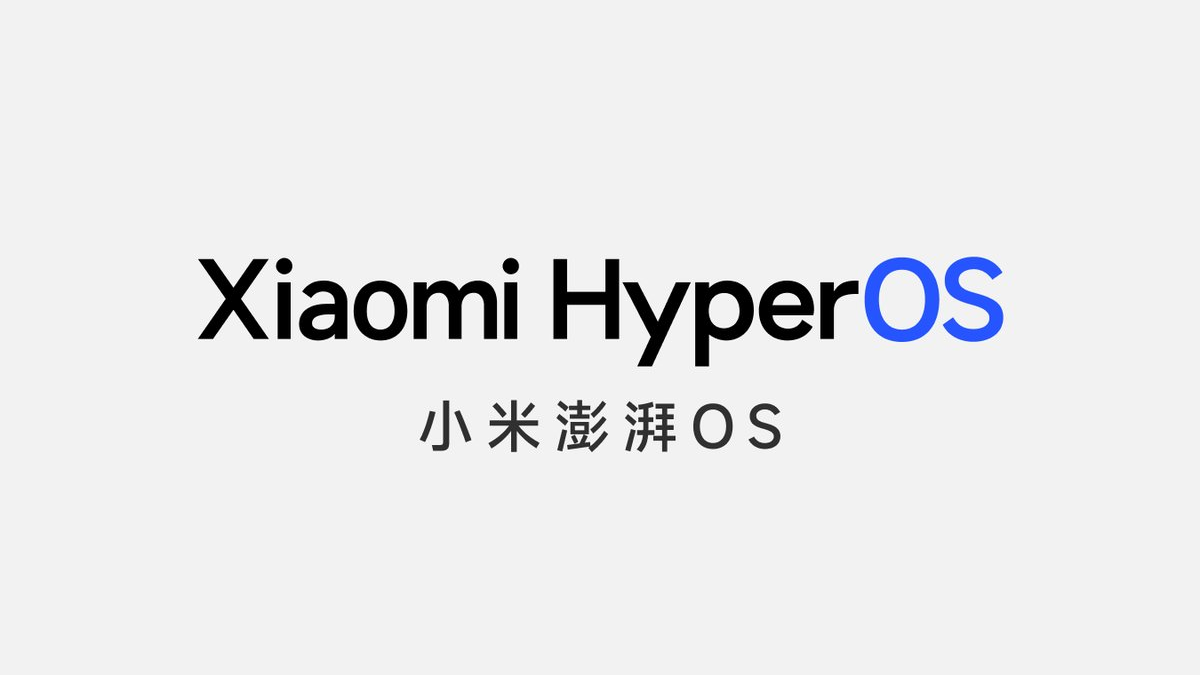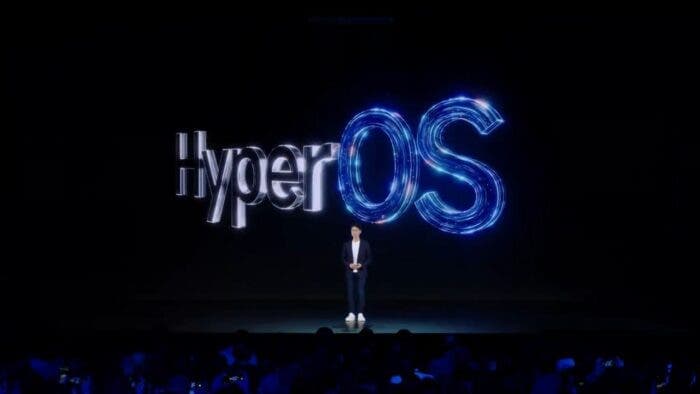has recently announced the release of its new operating system, HyperOS, which is set to reach consumers on October 31, 2023, when Xiaomi’s latest phones, wearables, and TV sets begin sales in China. One of the key features of HyperOS is its built-in 32-bit app translator, which is actually better than the previous generation’s native support.

Today, Xiaomi Zhang Guoquan issued a statement confirming that the new HyperOS supports 32-bit app translation. He claims that though the Xiaomi 14 supports only 64-bit architecture, with HyperOS, users can seamlessly run 32-bit apps on new devices through a built-in 32-bit translation kernel. To put it simply, the Xiaomi 13 can run 32-bit apps natively through the small core of the CPU. However, the Xiaomi 14 can run 32-bit apps on the large core through the decoder. So even if the CPU does not support 32-bit, it is still compatible with 32-bit apps.
In order to prevent third-party app crashes and unusable problems, Xiaomi developed a set of CampatEngine engines. They can actively adapt third-party apps without relying on third-party app developers. Xiaomi claims that more than 90% of unadapted apps can be used normally with this engine.
What is HyperOS?
HyperOS is a new operating system developed by Xiaomi that is set to replace MIUI, the company’s previous operating system. The core of the new HyperOS system is formed by Linux and Xiaomi’s self-developed Xiaomi Vela system. The new system is designed to be more lightweight and fluid than MIUI, with a focus on performance and battery life. Xiaomi has stated that HyperOS should be faster and more responsive than MIUI, and it should also be more efficient in terms of battery life.
Features of HyperOS
32-bit App Translator
One of the key features of HyperOS is its built-in 32-bit app translator, which is actually better than the previous generation’s native support. This translator, called Tango, allows 32-bit apps to run on 64-bit ARM processors, which is a significant improvement over the previous generation’s native support. With Tango, users can continue to use their favorite 32-bit apps on their new Xiaomi devices, even if those apps have not been updated to support 64-bit processors.

Reduction of Bloatware
Another feature that Xiaomi enthusiasts are hoping for in HyperOS is a reduction of bloatware. MIUI has been criticized in the past for the amount of pre-installed apps that come with the system. With HyperOS, users are hoping for a more stock Android experience, with fewer customizations and pre-installed apps.
More Timely Updates
Xiaomi has also been criticized in the past for the timeliness of its updates. With HyperOS, users are hoping for more timely updates from Xiaomi. This is something that Xiaomi has promised to deliver with the new operating system.
More Stock Android Experience
Another feature that users are hoping for in HyperOS is a more stock Android experience. This means that the system should have fewer customizations and pre-installed apps, and it should offer a more pure Android experience.
Conclusion
Xiaomi’s new operating system, HyperOS, is set to replace MIUI and bring a host of new features to Xiaomi devices. One of the key features of HyperOS is its built-in 32-bit app translator. This version is actually better than the previous generation’s native support. With HyperOS, users can continue to use their favorite 32-bit apps on their new Xiaomi devices. It doesn’t matter if those apps have not been updated to support 64-bit processors. Other features of HyperOS include a reduction of bloatware, more timely updates, and a more stock Android experience. Overall, HyperOS is an exciting development for Xiaomi users and enthusiasts. It will be interesting to see how the new operating system performs in comparison to MIUI.





